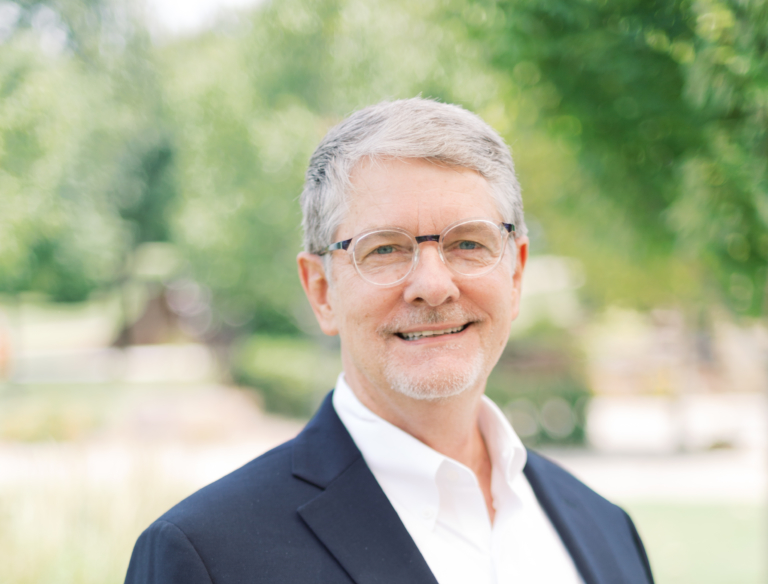David Lowry, a professor of communication at Oklahoma Christian University, received the second shot of the Pfizer vaccine at the end of January. Lowry did not have side effects for the first shot but had some reactions the second time.
Lowry said he was one of the early people to sign up. He received his vaccination at the Mercy Hospital in Oklahoma City.
“I was right there when they opened up, and I was on the list,” Lowry said. “It worked really well. At first, I just had a sore arm. Then for the second, I was sick for a day. I ran a fever and I had chills. It was like being sick with the flu.”
Lowry said it is common for people to get sick after getting the vaccine, but it is part of its process.
“Nothing is perfect,” Lowry said. “One out of so many thousand people it is not going to work on. Some people will take [the vaccine] and get sick anyway. But it is the only game in town; what else are you going to do? It is all we got.”
Lowry said he believes the vaccine shots will be necessary for the next several years.
“I really believe in the science of [the vaccine],” Lowry said. “I also believe we will probably be getting booster shots for the next couple of years until we figure it out, so I am fully prepared every year to take more of these.”
Lowry said there are people who do not believe in the vaccine’s efficiency, but everyone should consider taking the shot when offered.
“They worry that it will make them sick,” Lowry said. “I understand that, but I think nothing in life is risk-free. The chances are if you get the virus you are going to be fine, but we also know that there’s a lot of people who died from it, more than usual, so to me, I don’t want to take that risk.”
Lowry said instead of seniors being the priority for vaccination, there should be more urgency to treat the younger generation.
“Young people are last on the list, sadly,” Lowry said. “I think you should be first on the list. The reason is you guys are the ones to get sick first. I’m least likely to get sick if all of you are taken care of.”
Aaron Parrott, a senior at Oklahoma Christian University, had the first shot of the Moderna vaccine at the beginning of January, and the second a month later.
“I only had a headache,” Parrott said. “But my brother-in-law ran a fever and had to call out work.”
Parrott said the reason he decided to take the vaccine is because of coronavirus mutations.
“The biggest issue right now is how the virus replicates,” Parrott said. “Every time people vaccinate there is less chance for that to happen. It is about less people getting sick, but more than that it is about preventing the mutation of the virus.”
Parrott said even after his immunization, he is still being careful.
“I am being careful … wear a mask, social distance, be careful and considerate of others and yourself,” Parrot said. “But it is good to know that you have immunity. I am very thankful that I have gotten it.”
Ana Ferreira, a junior at Oklahoma Christian University, said it is important to see people in the community receiving immunity.
“It gives us hope, for sure,” Ferreira said. “I have a couple of classes with Dr. Lowry, and to see he is already vaccinated is amazing. As a student, my biggest worry, more than to be sick, is to transmit the virus to someone. So, it definitely puts us in the right direction to know our professors are already safe.”
Ferreira said while the pandemic has been tough, the health workers found the vaccine in a very short amount of time.
“This pandemic has been very hard, and it feels like we are on it forever,” Ferreira said. “But seeing people vaccinated, especially people so close to us, in less than a year is pretty impressive.”












Be First to Comment